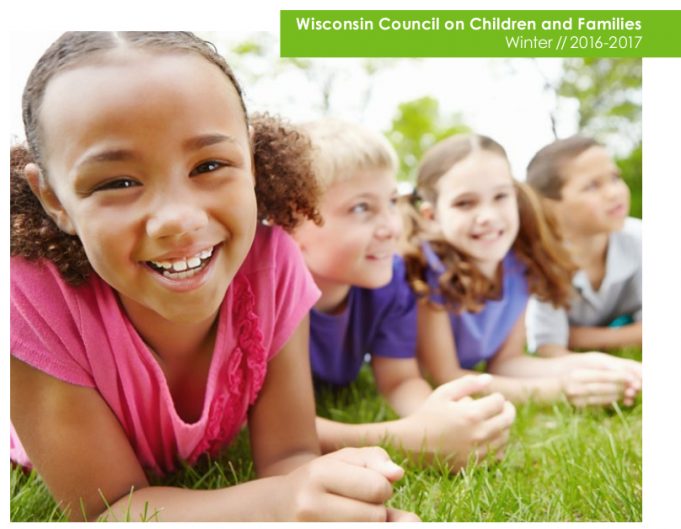A new report released by the Wisconsin Council on Children and Families this week shows that Wisconsin’s poverty rate for black children, 44 percent, is among the highest in the country. In addition, Latino, Native American, and Asian children all have poverty rates well above the national average in Wisconsin.
The new KIDS COUNT report draws attention to the impact poverty has on children and families. The report also highlights a number of policies and programs that lawmakers could implement that would greatly reduce poverty — and save the state money in the long-term by reducing reliance on social programs and increasing economic productivity.

“The success of children is dependent on the success of their parents,” said Ken Taylor, executive director of the Wisconsin Council on Children and Families. “That means we need to do a better job ensuring that parents are able to secure a job with family-supporting wages, that workforce development is available to those interested in furthering their skills, and that all parents have paid family leave — so they can care for their children when their children need it most.”
The US Census Bureau calculates poverty rates annually. Their calculations are based on the pre-tax incomes reported by families throughout the United States and the poverty line varies based on the number of people in a household. For example, a family of four making less than $24,250 in 2016 is identified as in poverty. The term “low-income” is used to capture families making less than twice poverty level wages.
According to the report, Wisconsin had a child poverty rate of 16.4%, meaning that nearly 1 in 6 children in the state is growing up poor. In addition, the report finds that Black, Latino, Native American, and Asian children all have poverty rates well above the national average.

The report outlines three critical components to ending childhood poverty including:
• Providing parents with pathways and support to earn family-supporting wages.
• Providing children, especially poor children, with high-quality early childhood education
to ensure they are kindergarten ready.
• Supporting parents so they can support and care for their children.
With the state budget process approaching and with improved revenue projections, now is the perfect time to for lawmakers to be thinking about what investments can be made that would alleviate poverty in Wisconsin, the report says.
“Lawmakers have a real opportunity to show that children are a priority and that every child in Wisconsin deserves the opportunity to thrive,” said Taylor. “Working to reduce poverty is not only the moral thing to do, it’s the fiscally responsible thing to do. Investing today will reap huge savings for our state and for taxpayers in the future.”
The full report, “Increasing Economic Security for Every Wisconsin Family” can be found here.










